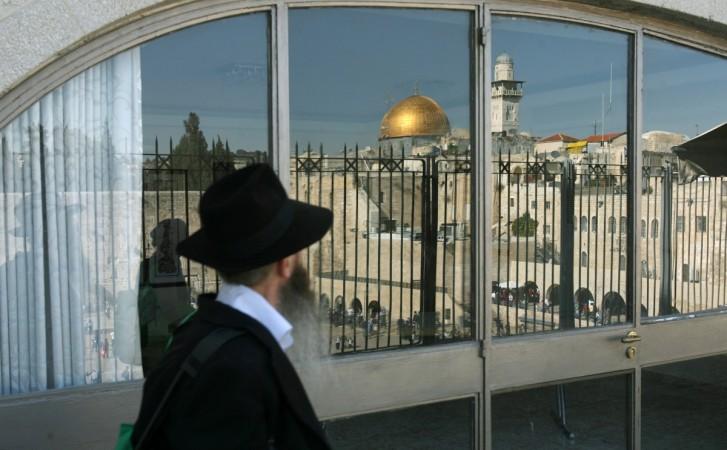
Ever since its inception in 1947, Israel was always seen as a Jewish homeland. However, owing to the conflicts in the Middle East, and the population of people within the Israeli territory, the country had refrained from legally defining itself as a Jewish homeland, until now.
On Thursday, Aug 9, the Parliament in Israel passed into law a controversial bill that defines the country as an exclusively Jewish state. The "Jewish nation-state" bill states that advancing Jewish settlements is a national interest, and downgrades Arabs by removing Arabic as an official language of the country.
, in a move that is expected to raise a lot of anger and protests by Palestinians. The bill was passed after a stormy session in the Knesset that lasted more than eight hours. Sixty-two MPs voted for the bill, with 55 against.
Following the arguments, some clauses were dropped from the bill by Israel's President and Attorney General Reuven Rivlin, including a clause that would have enshrined in law the creation of Jewish-only communities.
Israeli Arab MPs condemned the legislation but Prime Minister Benjamin Netanyahu praised it as a "defining moment". The bill, backed by the country's right-wing government, says that "Israel is the historic homeland of the Jewish people and they have an exclusive right to national self-determination in it".

Israeli Arabs make up about 20 per cent of Israel's population of about nine million people. They have equal rights under the law but have long complained of being treated as second-class citizens and say they face discrimination and worse provision of services such as education, health and housing.
Arab MP Ahmed Tibi said the bill's passing represented the "death of democracy". Adalah, an Arab rights NGO, said the law was an attempt to advance "ethnic superiority by promoting racist policies".
Last week, Netanyahu defended the law saying, "We will keep ensuring civil rights in Israel's democracy but the majority also has rights and the majority decides."

















